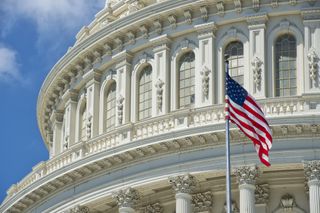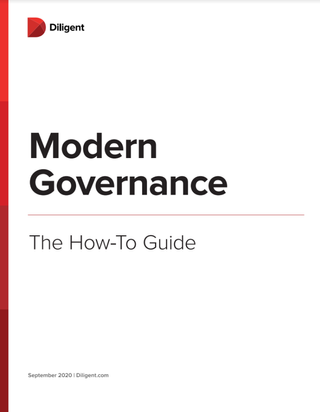US pushes for Google and Meta to operate US-APAC undersea cable
The government cited concerns around the Chinese government’s efforts to acquire US citizen personal data when making the recommendation

The Biden administration has called on the FCC to give permission to Google and Meta to operate an undersea cable system to handle growing internet traffic with Asia.
The Departments of Justice (DOJ), Defense (DOD), and Homeland Security (DHS) made an agreement with the two companies which will see them protect data on the Pacific Light Cable Network (PLCN) system, an undersea fibre optic cable system that will connect the US, Taiwan and Philippines.
The Executive Branch recommended that the FCC condition any license to operate the PLCN system in compliance with National Security Agreements. Under these agreements, the companies have agreed to conduct annual assessments of risk to sensitive data that transits the PLCN cable system, including when the data exits the cable.
They also agreed to pursue diversification of interconnection points in Asia, including in Singapore, Thailand, Vietnam, Indonesia, and Philippines. They will also restrict access to information and infrastructure by Pacific Light Data Communications, the Hong Kong-based owner of PLCN that withdrew its application for an FCC license.
A Meta spokesperson told IT Pro: “We are encouraged by the Administration’s recommendation to approve our use of the PLCN subsea cable system to connect the US to the Philippines. This cable system increases internet capacity between the two countries to help people stay connected and share content, like photos and videos. Our approach is to build state-of-the-art, secure subsea cables where all data moving through them is protected through advanced encryption.”
“We have been working for many years, and will continue to work, through established channels to obtain cable landing licenses for our undersea cables," a Google spokesperson said to IT Pro.
In June 2020, the committee publicly recommended that the FCC should partially deny a previous application for PLCN with respect to its proposed connections to Hong Kong and to the portions of the PLCN owned by PLDC.
Get the ITPro. daily newsletter
Receive our latest news, industry updates, featured resources and more. Sign up today to receive our FREE report on AI cyber crime & security - newly updated for 2024.
Shortly after this, the applicants withdrew their application, and Google and Meta’s subsidiaries then filed a new one which removed Hong Kong and only aimed to operate the US, Taiwan, and Philippines portions of PLCN.

Modern governance: The how-to guide
Equipping organisations with the right tools for business resilience
“These agreements enable Google and Meta to take advantage of critical, additional cable capacity while protecting US persons’ privacy and security through terms that reflect the current threat environment,” said assistant attorney general Matthew G. Olsen of the Justice Department’s National Security Division.
The National Security Agreements are justified by the current national security environment, said the DOJ. This includes the PRC government’s sustained efforts to acquire the sensitive personal data of millions of US people, its access to other countries’ data through both digital infrastructure investments and recent intelligence and cyber security laws.
It added that changes in the market have transformed subsea cable infrastructure into increasingly data-rich environments that are vulnerable to exploitation.
Zach Marzouk is a former ITPro, CloudPro, and ChannelPro staff writer, covering topics like security, privacy, worker rights, and startups, primarily in the Asia Pacific and the US regions. Zach joined ITPro in 2017 where he was introduced to the world of B2B technology as a junior staff writer, before he returned to Argentina in 2018, working in communications and as a copywriter. In 2021, he made his way back to ITPro as a staff writer during the pandemic, before joining the world of freelance in 2022.
Most Popular






